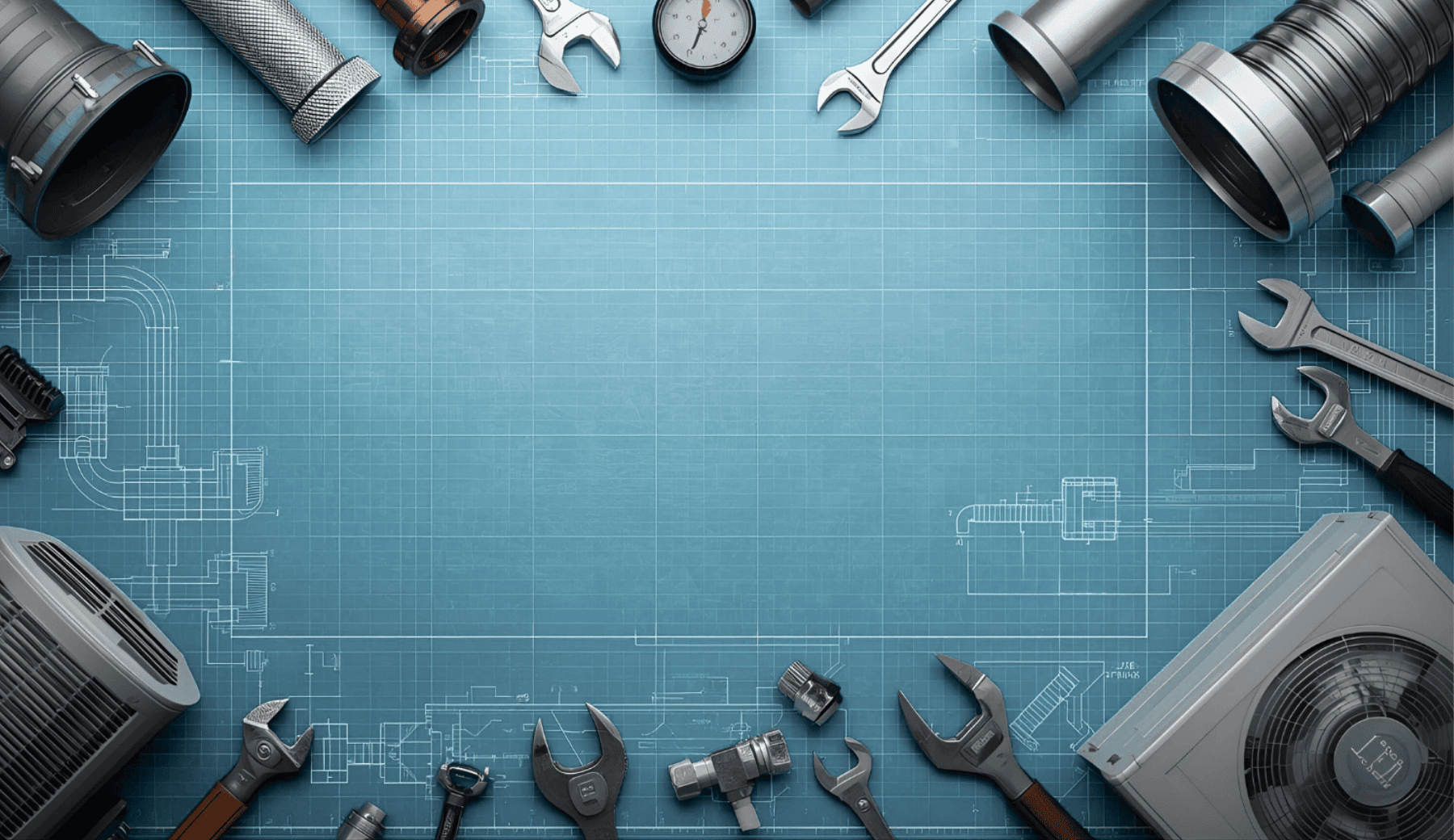
ZAP Knowledge Center
HVAC System Lifespan, Repairs & Replacement
-
Usually 10–15 years. Our hot attics and crawl spaces are tough on equipment and shorten system life.
-
High utility bills, uneven temperatures, loud operation, short cycling, and repeat repairs.
-
Once a system hits 10–12 years, major repairs usually are not worth the money long term.
-
If it is over 10–12 years old and breaking down, replacement is usually the smarter long-term move.
-
Heat, low airflow, bad ductwork, dirty coils, bad design and incorrect sizing.
-
Not as much as people think. Installation quality matters more than the name on the box.
-
Bad design, lack of airflow, dirty coils, and heat from the attic beating on the system.
-
If it is 12–15 years old, possibly. If you have a component failure.
-
Most of the time, yes. Refrigerants are not compatible. Systems are matched for performance. Mixing old and new components hurts reliability and efficiency.
-
No. Damp, unconditioned crawl spaces can rust and damage equipment faster.
Knowing when to repair an HVAC system and when to replace it is one of the biggest questions homeowners face. In North Georgia’s heat, humidity, and seasonal swings, systems work harder and often wear out faster than people expect. This guide walks you through typical system lifespans, common warning signs, and how to decide whether a repair, upgrade, or full replacement is the smartest move for your home and budget.
-
Typically 10–12 years in our climate because it runs for both heating and cooling.
-
It can be duct expansion, loose parts, or an aging blower motor or components.
-
No. Systems must be matched. Mismatched indoor and outdoor units do not perform well and often fail early.
-
Improper sized equipment. Low airflow and heat. Dirty coils and bad ductwork cause compressors to overheat.
-
Most furnaces will last 15–20 years because they do not run as hard as the AC.
-
We have two seasons – cooling and heating. Each season stresses the system in different ways.
-
Yes in Georgia heat, but it should still keep you comfortable. If it runs constantly and struggles, something is off.
-
Yes, and it is often easier to schedule and sometimes more cost effective.
-
You will see more breakdowns, higher bills, and likely have to replace it during an emergency.
-
Yes. Replacing on your terms is cheaper and less stressful than replacing when it fails on a 95-degree day.




